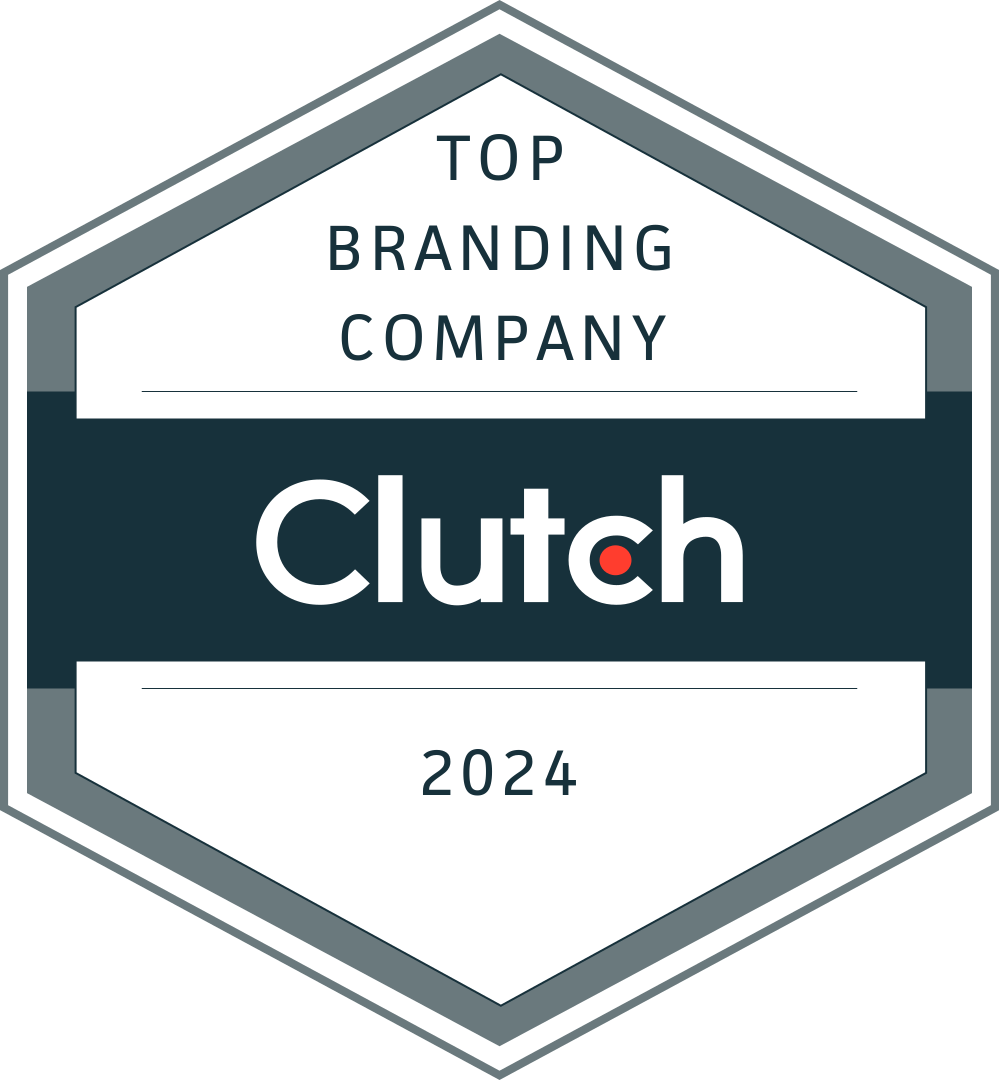
This is the third post in a five-part series designed to help organizations navigate the journey of finding their ideal branding partner.
You’ve decided to hire a branding partner and crafted an RFP that was sent to a select group of agencies. Now what? All agencies have their own approaches to responding to an RFP and kicking off a new relationship. At Tenet, we like to schedule an introductory call. This serves a few purposes:
- Establishes rapport and trust from the beginning. This whole process is a two-way street—you’re interviewing us as much as we’re interviewing you. Whether we’ll be working together for a few months or several years, both sides need to make sure there is a culture fit.
- Provides time to ask and answer questions. Even the most well-written RFPs lead to additional questions. It’s also helpful for us to hear a voiceover about your organization and challenges. Inevitably, additional details and nuances will emerge. We also want to answer your questions. Do you want to make sure we have the right set of capabilities to solve your challenges? Are you looking for a certain size or type of agency? Now is the perfect time to ask.
If not already included in your RFP, these are the topics we might want to discuss during an introductory call:
Why are you looking for a branding partner now
Was there a pivotal moment or event that compelled you to look for a branding partner at this moment in time? Understanding the motivation and business rationale behind your branding engagement allows us to better develop a customized approach. We will consider where we’ve encountered and solved similar challenges in the past and bring learnings about what works and doesn’t.
Align on the scope details
Organizations and agencies all have their own lingo and terminology, so aligning expectations and clarifying deliverables is important. We also might want to suggest a way to do things differently or additional capabilities that could be beneficial based on the challenges you’ve outlined.
What is your data tolerance™
We believe that data should inform brand building, but that looks different for every organization. We define data tolerance as the type and amount of data required to facilitate decision-making. Beth Flom, who leads Tenet’s research and strategy teams, wrote a blog about factors to consider when thinking about your data tolerance. If you haven’t already defined research parameters in your RFP, this discussion will help us craft a customized research program for the project and your organization. It’s also helpful to know if you have relevant, current research (e.g. competitive research, voice of the customer, win/loss data, etc.) so we make sure not to duplicate efforts.
Who are the key stakeholders and decision-makers
Who from your organization will be involved in the agency selection process? Who will be the day-to-day team and decision-makers once you start the branding work? Do you have a board of directors or a private equity firm that wants to be involved in the process and decision-making? If you need to align a large group of people, we can build a stakeholder engagement plan at the beginning of our partnership. This will facilitate buy-in and ensure the necessary stakeholders are brought in at the appropriate times and their opinions are heard.
How do you make decisions within your organization
What is your decision-making culture, and how will your team make decisions throughout the project? For example, will you take a streamlined approach with a few decision-makers, or is building consensus with a large group of stakeholders important? Do you operate in a collaborative environment and will workshops be aligned with how your organization works? We will customize our approach to reflect your culture.
How will you define success
What are your goals for the project, internally and externally? Does your organization track against any metrics or KPIs? Establishing clear objectives for success at the beginning of the partnership will help all of us work together to deliver on those goals.
Are there concerns about the project or pitch process
Is there anything worrying you or your team? For example, leadership buy-in, budgetary constraints, barriers to success for the project? Based on our years of experience, we can offer advice and counsel as we move through the process with your team. Knowing where challenges might lay ahead will help us prepare to have more productive conversations and alleviate concerns.
Now it’s time for agencies to assemble their proposals for your review. After receiving proposals, you might want to invite a short list of agencies to meet your team for a pitch meeting. More on that in the next post.
